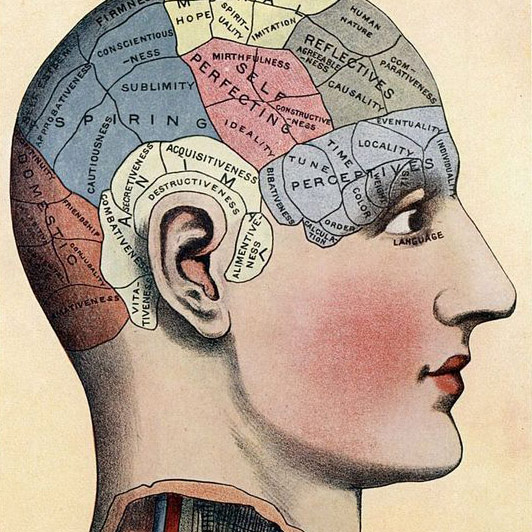
TUESDAY, April 19 (HealthDay News) — Certain gene mutations influence how likely people are to heed advice, even if that advice runs counter to experience, say researchers at Brown University.
Their study included more than 70 volunteers with and without gene mutations that affect the activity of the neurotransmitter chemical dopamine in areas of the brain called the prefrontal cortex and the striatum.
The prefrontal cortex considers and files instructions and advice from other people, such as, “Don’t sell those stocks,” the researchers explained. The striatum processes firsthand experience to help make future decisions, such as, “Those stocks often rise after I sell them.”
They found that people with a variation in a gene called DARPP-32, which affects the response to dopamine in the striatum, learned more quickly from experience when they did not receive advice. But these people were also more likely to heed others’ advice.
In these people, the striatum gives more weight to experiences that reinforce the advice stored in the prefrontal cortex and less weight to experiences that contradict the information stored there, the researchers found.
This is called confirmation bias, according to the researchers — something that’s common in many areas, including politics, astrology and science.
The study appears in the April 20 issue of the Journal of Neuroscience.
More information
The American Psychological Association has more about decision making.

